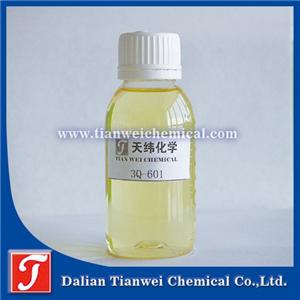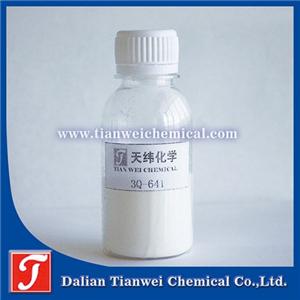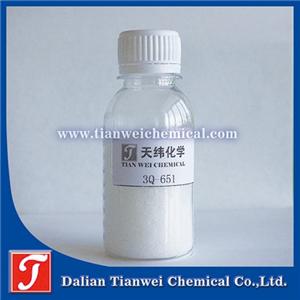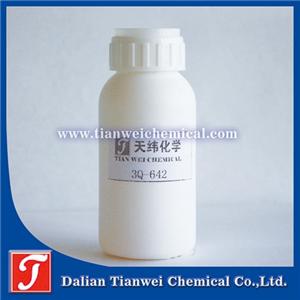History of Marine antifouling coatings
In ancient times, ships were made of wood, so shipworms and other drilling organisms became the most important fouling organisms in ancient times. The ancient people used asphalt, wax and toxic coatings to coat the surface of wooden ships to prevent and control shipworms. However, in the Ming Dynasty, we had mastered the mature technology of antisepsis and antifouling of wooden ships, which enabled Zheng He to make seven voyages. With the advent of modern industrial revolution, steel hull ships have been faced with two challenges of seawater corrosion and biological fouling since they were invented. By World War II, fouling became a major concern because of the danger it posed to warships, underwater installations, and weapons. In the following decades, Marine biological antifouling coating technology developed rapidly.
Before liberation, antifouling paint was mainly imported from Europe. In 50's, lacquer factory of our country had started to research and develop antifouling paint. Although these coatings have short period of antifouling, poor antifouling effect, low output, fewer varieties and other problems, but this for our antifouling coating development laid a solid foundation. In the 1960s, due to the antifouling needs of Chinese navy ships, the antifouling coatings of asphalt, vinyl resins, chlorinated rubber, acrylic resins and epoxy resins began a lot of research work. After 15 years of hard work, the coatings of aluminum hull yacht and steel hull warship developed make our ship coatings reach the advanced level in the world in terms of variety and quality.
In the 1970s, the appearance of self-polishing antifouling coating with tin quickly occupied most of the antifouling coating market. The coating can hydrolyze slowly under the action of sea water and constantly renew the surface of the coating, which is not conducive to the attachment of Marine organisms. At the same time, the organotin compounds released have certain toxicity, which can effectively poison the attached organisms. However, because organotin compounds have strong toxicity and are not easy to degrade, causing Marine pollution and destroying the ecological balance, many countries have banned the use of this kind of coating.




